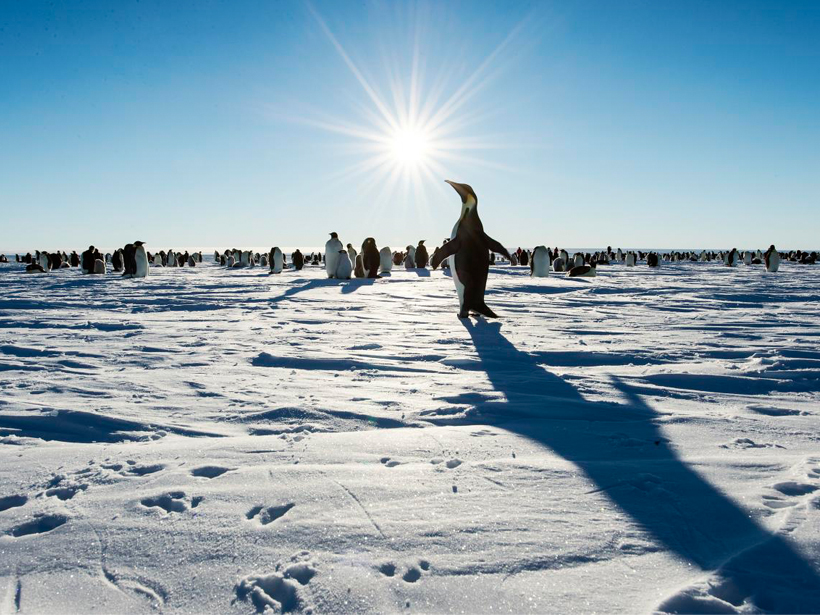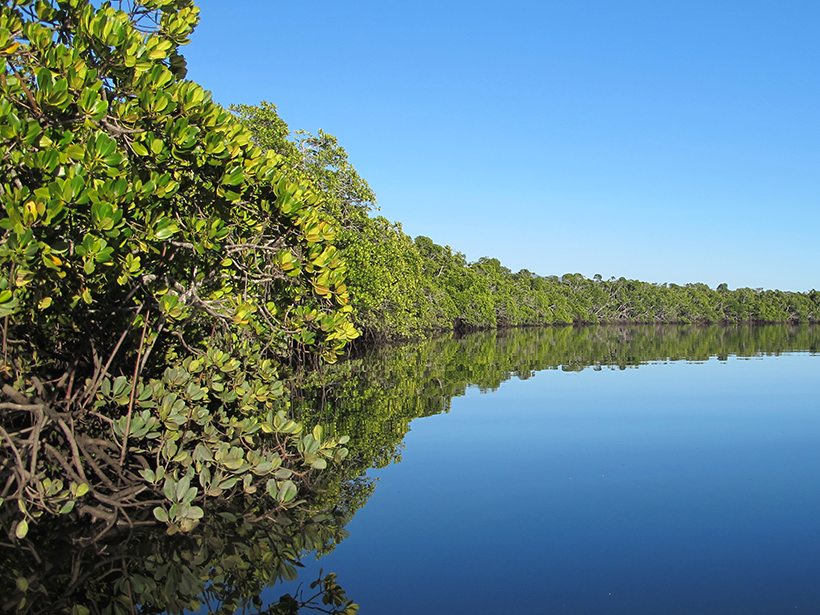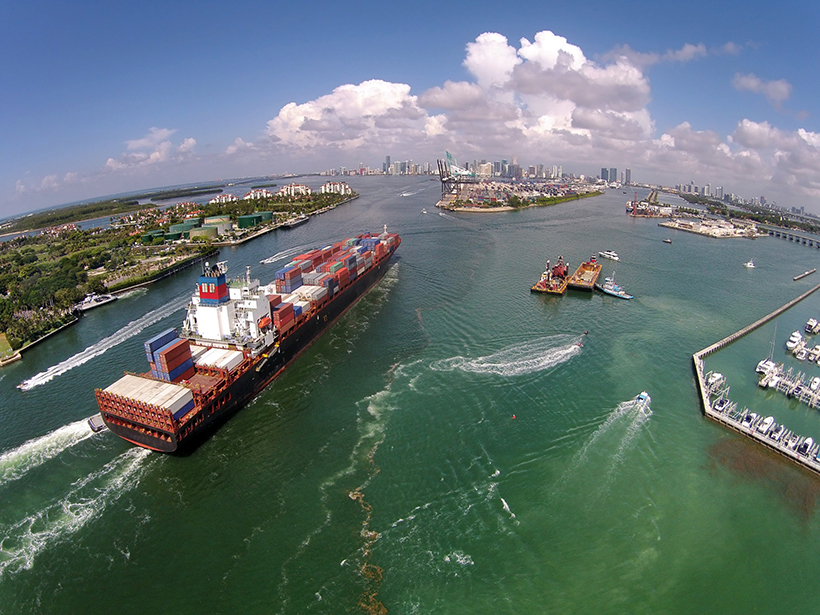Scientists discover the source of a coastal Korean current that reverses its flow in the summer.
Oceans
The Dance of Surface Waves and Ocean Circulation
One mathematical model best describes the complex interplay between an ocean's surface waves and its underlying circulation.
How Do the Deep Waters of the Antarctic Form?
Researchers uncover new insights into the life cycle of water in the Antarctic region by measuring noble gas concentrations.
Integrated Marine Research for Sustainable Ocean Development
Sustainable Ocean Development—A Perspective from Former, Current and Future Kiel Marine Scientists; New York, 28–30 September 2015
Stars and Swells Guide a Polynesian Canoe Around the World
Modern oceanographers and ancient navigators rely on similar waves to study the world's oceans.
Ocean Observatories Initiative Expands Coastal Ocean Research
OOI Coastal Arrays Community Workshop; Washington, D. C., 5–7 January 2016
Predicting Temperature Shifts off the U.S. East Coast
New research reveals the relative importance of oceanic and atmospheric processes in year-to-year changes in ocean temperature along the Middle Atlantic Bight.
The Fate of Hydrocarbons Seeping from the Ocean Floor
Researchers investigate the properties of bubbles at deep-ocean oil seeps to improve oil spill models.
Can Mangroves Buffer Ocean Acidification?
New research evaluates the ability of coastal foliage to influence the ocean's pH.
The New Blue Economy: A Vast Oceanic Frontier
On World Oceans Day, let's reflect on the now realizable potential for investing in and building upon new opportunities that beckon from the sea.








